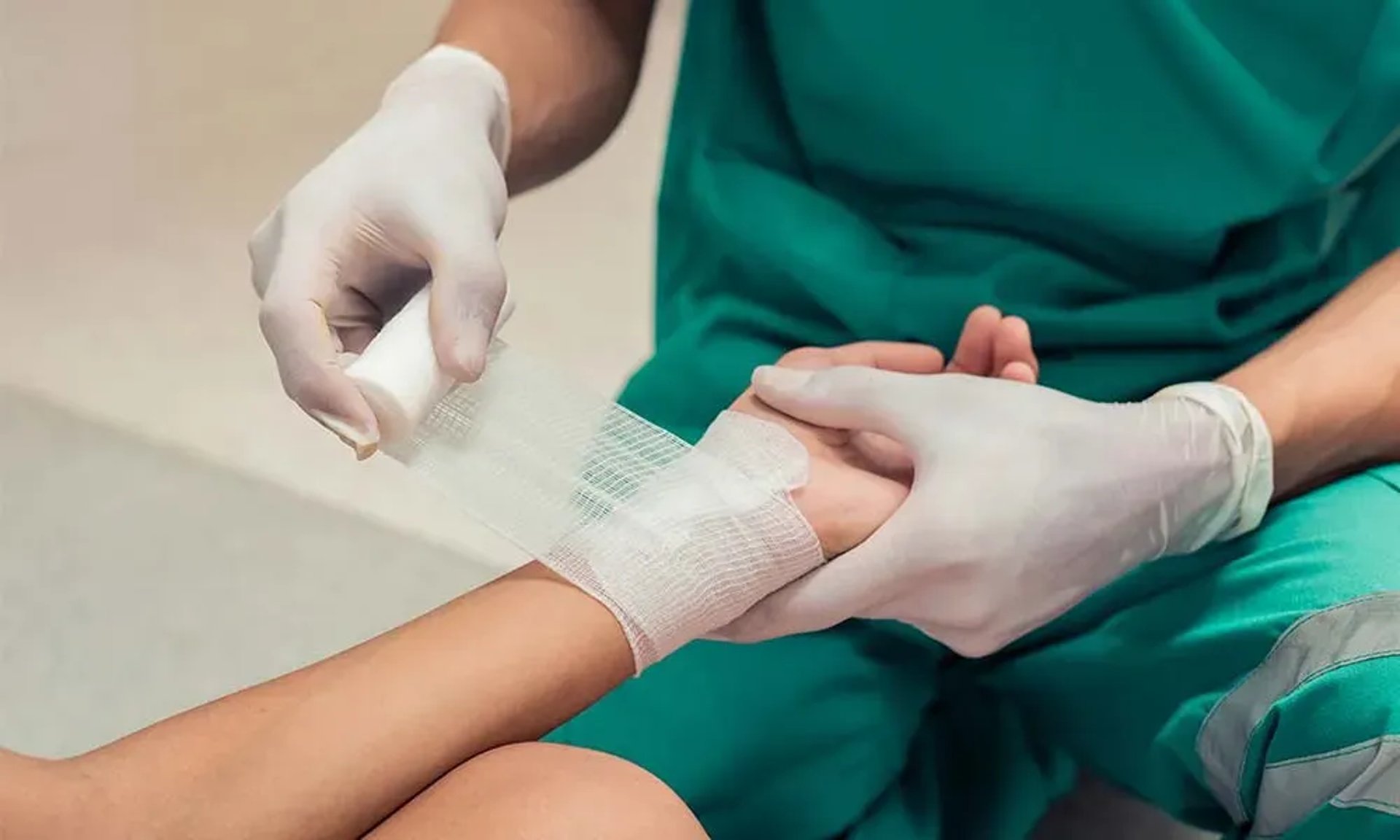
POST SURGERY AND WOUND CARE
Following surgery, the recovering phase is an essential step in a person's healing process. The post-surgery/wound care services offered by Richcare Eagle's Homecare are intended to assist patients in their recuperation by offering personalized nursing as well as personal and home support services.
Our wound care and post-surgery services are offered by personal support workers and certified nurses around-the-clock.


Services Offered
Wound Care: Includes cleaning, dressing changes, and management of complex wounds.
Medication Management: Assisting with medication administration and monitoring for side effects.
Pain Management: Providing pain relief and comfort measures.
Rehabilitation Therapy: Helping patients regain strength, mobility, and independence.
Patient and Family Education: Teaching patients and families about wound care, medication, and rehabilitation.
If your loved one has undergone surgery or was released from the hospital with a wound that requires clinical care, our post-surgery/wound care services can make sure the right healing process takes place, leading to a speedy and worry-free recovery.
For more information or to schedule a no-obligation consultation, please contact Richcare Eagle Home.
DID YOU KNOW?
Wound healing typically progresses through four overlapping phases: hemostasis, inflammation, proliferation, and remodeling.
2. Inflammation
This phase begins shortly after the injury, often overlapping with hemostasis.
It involves the migration of white blood cells (neutrophils and macrophages) to the wound site to remove debris, pathogens, and damaged tissue.
Inflammation also triggers the release of growth factors that promote cell proliferation and repair.
1. Hemostasis
This is the initial phase, occurring immediately after injury.
It involves stopping bleeding through vasoconstriction, platelet aggregation, and fibrin formation, which leads to a blood clot.
The clot seals the wound and prevents further blood loss.
3. Remodeling (Maturation)
This is the final phase, which can take several months or even years.
It involves the maturation and reorganization of the new tissue, including the realignment of collagen fibers along lines of tension, and the removal of excess cells through apoptosis.
The wound gradually gains strength and achieves its final form.
4. Proliferation
This phase is characterized by the formation of new tissue, including granulation tissue, new blood vessels (angiogenesis), and epithelialization (skin regeneration).
Fibroblasts play a key role in this phase, depositing collagen and other extracellular matrix components to form the new tissue.
Wound contraction also occurs during this phase, reducing the size of the wound.
Take Flight with Us
Contact Richcare Eagle's Home to schedule a free consultation. Our team will work with you to create a care plan that ensures your loved one receives the highest quality of care while remaining in the comfort of home.
Empowering communities through free health initiatives.
CONTACT US:
Sign up for Newsletters
Leave us your email and we'll send you all the news, campaigns, and how you can help us.
© 2025. All rights reserved.


